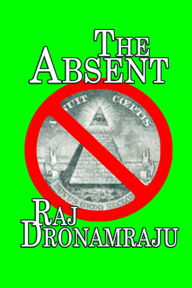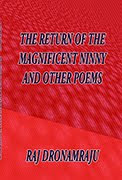The challenge a writer faces when writing a book that addresses a social ill is to be able to create a world in which to frame the problem and how it affects people that is real enough we can relate to it and not merely a cardboard backdrop for cardboard characters to speak in fully created monologues full of information from a pamphlet or reference book.
Sawako Ariyoshi does a tremendous job of meeting this challenge in her book THE TWILIGHT YEARS which is about the problem citizens of Japan have with their aging parents in a changing society where both adult children work and population growth, the number of new children being born, is decreasing (This book was written in 1972).
Akiko, the main character, opens the novel by discovering her mother in law is dead. Her husband’s parents live in a cottage behind their house. This arrangement has worked out as her father in law, Shigezo, is a rude and difficult man. However, the death of her mother in law exposes the fact that Shigezo is increasingly suffering from senile dementia.
I really felt for Akiko who works full time as a legal secretary and whose husband Nobutoshi wants nothing to do with the care of his father which is quite graphic- For example, his incontinence is discussed in great detail and Akiko must change his diapers daily.
I wonder if Ariyoshi had a problem with an elderly relative’s care because her level of knowledge of the psychology of a old person falling into senility is deep and painstakingly detailed. Shigezo’s behaviour (his running away, his yelling at night, his inability to remember his family except for Akiko) is presented almost non-fiction style.
The last 50 pages in which Shigezo reverts to almost infant status losing the power of speech, playing with a baby’s rattle, and being entranced by a pet parakeet are deeply moving and also restore Akiko’s feeling of sympathy which had been burned out by the lack of help she had gotten from everybody (Japanese social services included).
A seamless, technically perfect novel with a point.








No comments:
Post a Comment